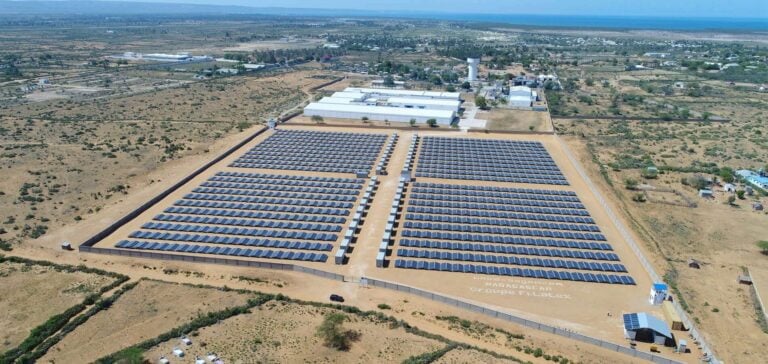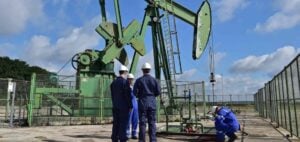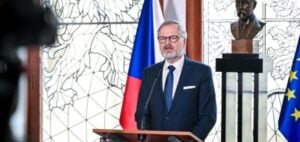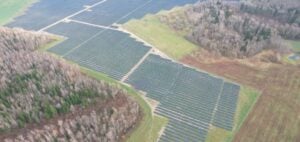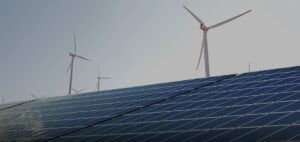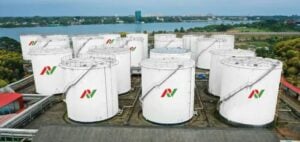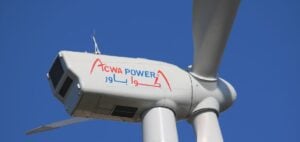Akuo Energy, a French independent producer of renewable energy, has joined forces with Plüm Énergie, a French supplier of green and local energy, in a committed gesture of solidarity.
On Monday December 7, the two players in the energy degrowth movement announced the signing of 7 contracts to supply electricity to companies involved in various social and environmental causes.
Akuo Energy: a player in the energy transition
For the French producer, this partnership is a means of developing new means of producing renewable, local and decentralized energy, in the image of the partner supplier.
As the many beneficiaries can testify, supplying green energy to their structures is an almost natural step, in line with their commitment to solidarity and ecology.
For Eric Scotto, co-founder and Chairman of Akuo:
“(…) They are setting an example by choosing, on their own scale, to accelerate the energy transition”.
A new kind of energy supply
Vincent Maillard, co-founder and CEO of Plüm Energie, comments:
“We’re proud that these well-known, committed players have chosen Plüm énergie for their electricity supply.
Proof that our roots in the social and solidarity economy and our desire to accelerate energy degrowth are now echoed within the ecosystem”.
The young start-up is proud to sign with names committed to social action and energy degrowth, in its own image.
Indeed, Plum Energie encourages its customers to reduce their energy costs on a daily basis by monitoring their consumption, ultimately enabling them to cut their energy budget by an average of 10%.
An electricity supply that promises economic and environmental gains.
The partnership between Akuo Energy and Plüm for a greener electricity supply is in keeping with the times, at a time when many European countries are committed to eliminating their carbon footprint by 2050.
With these contracts, energy degrowth is taking root in our economy.

